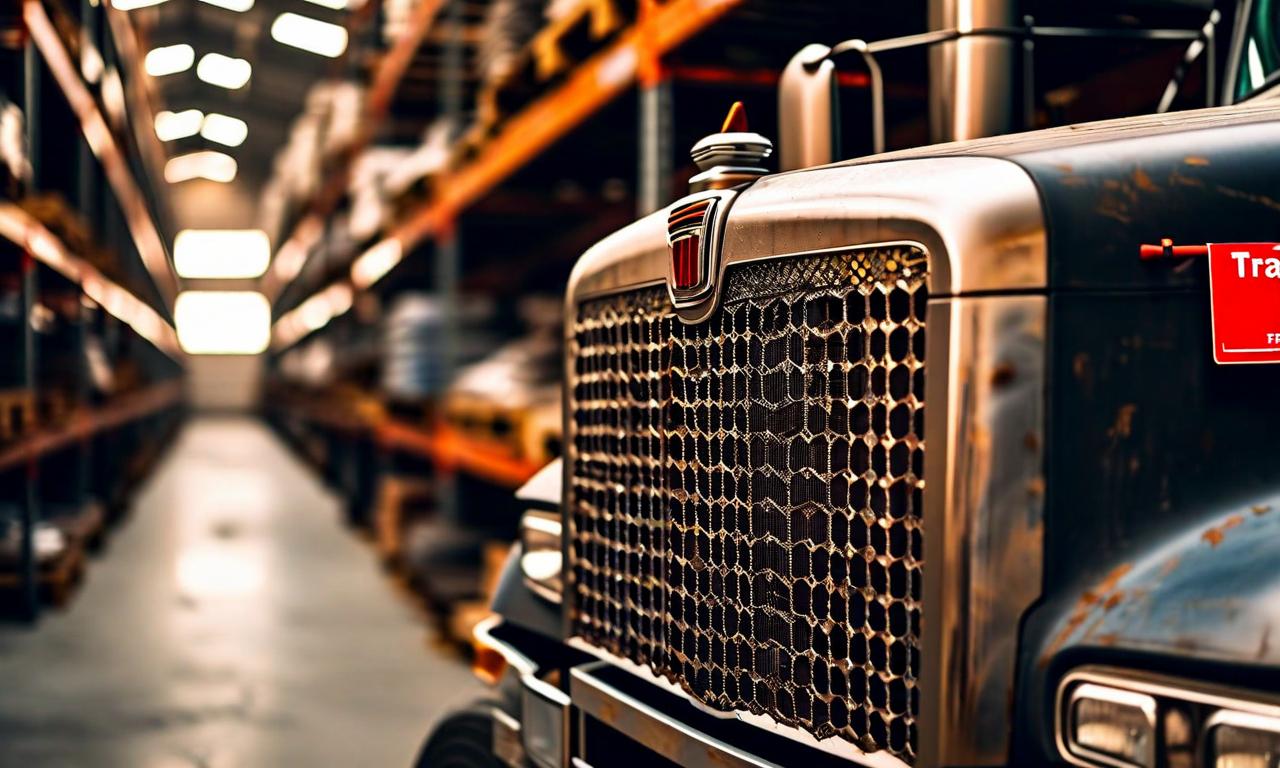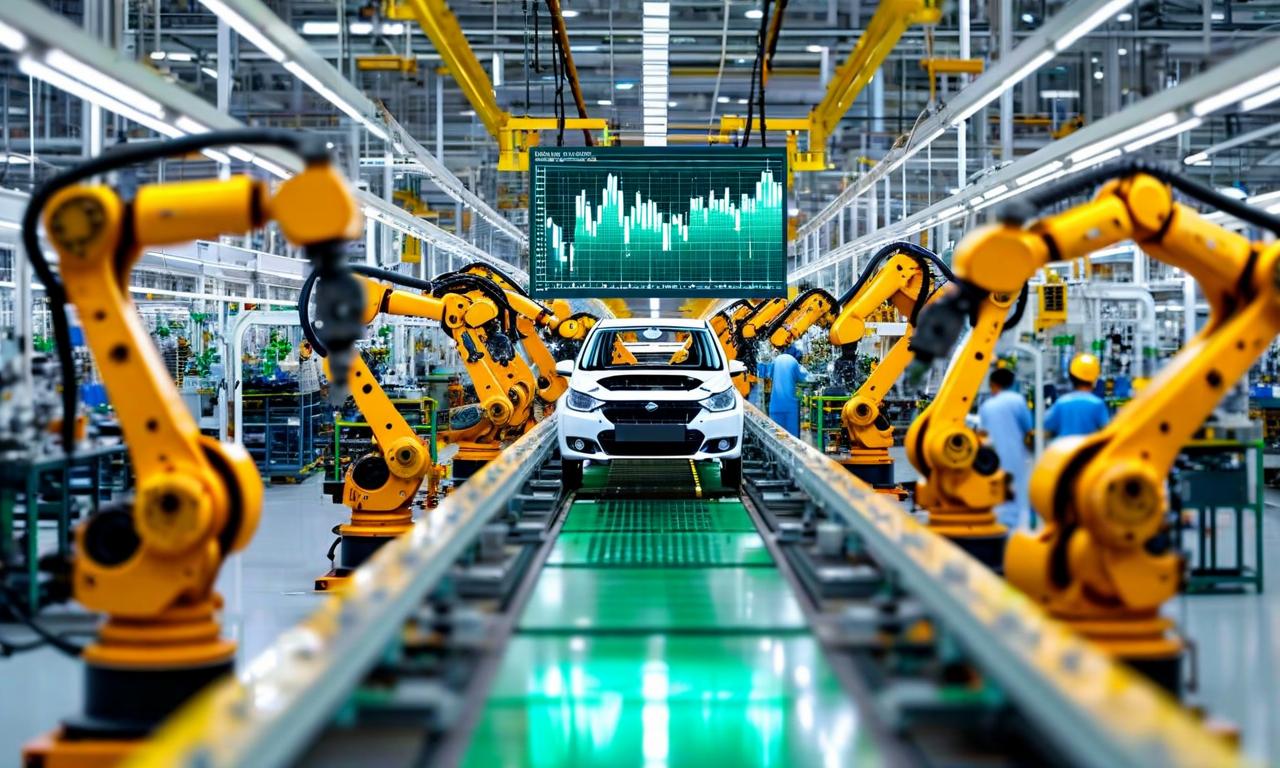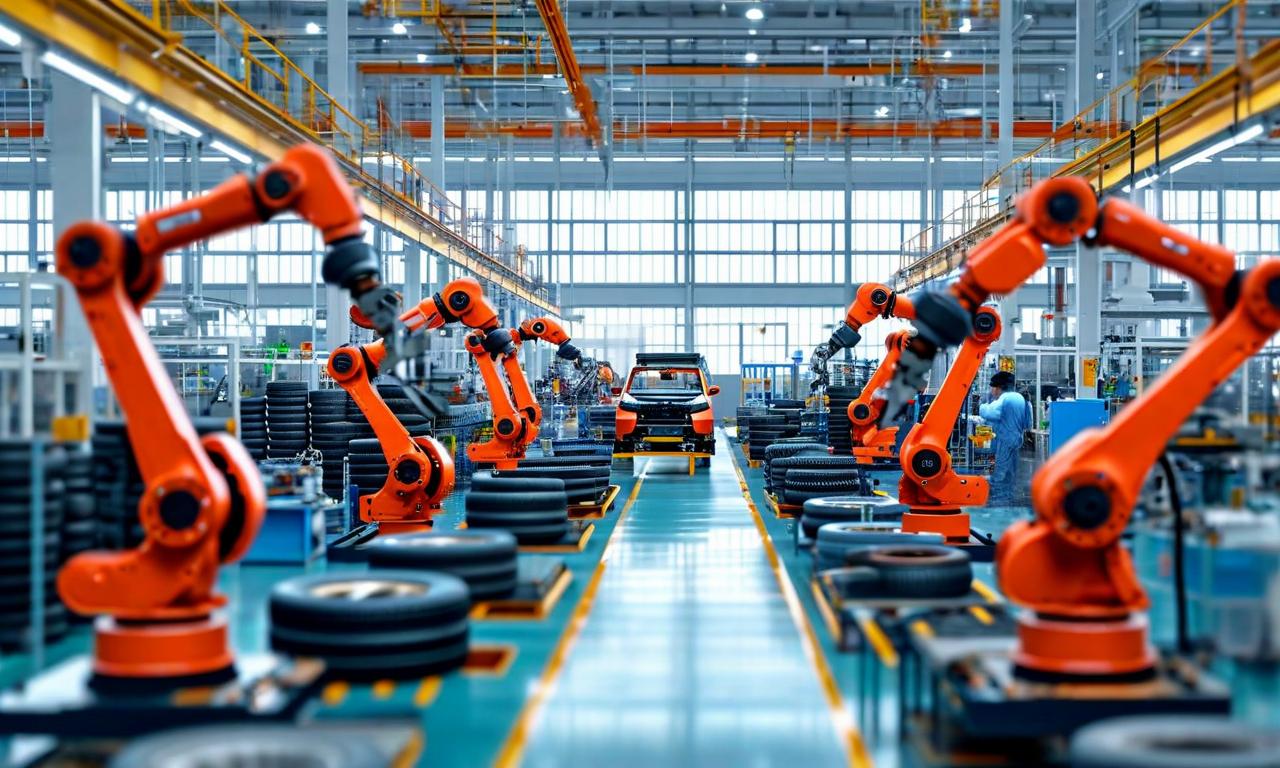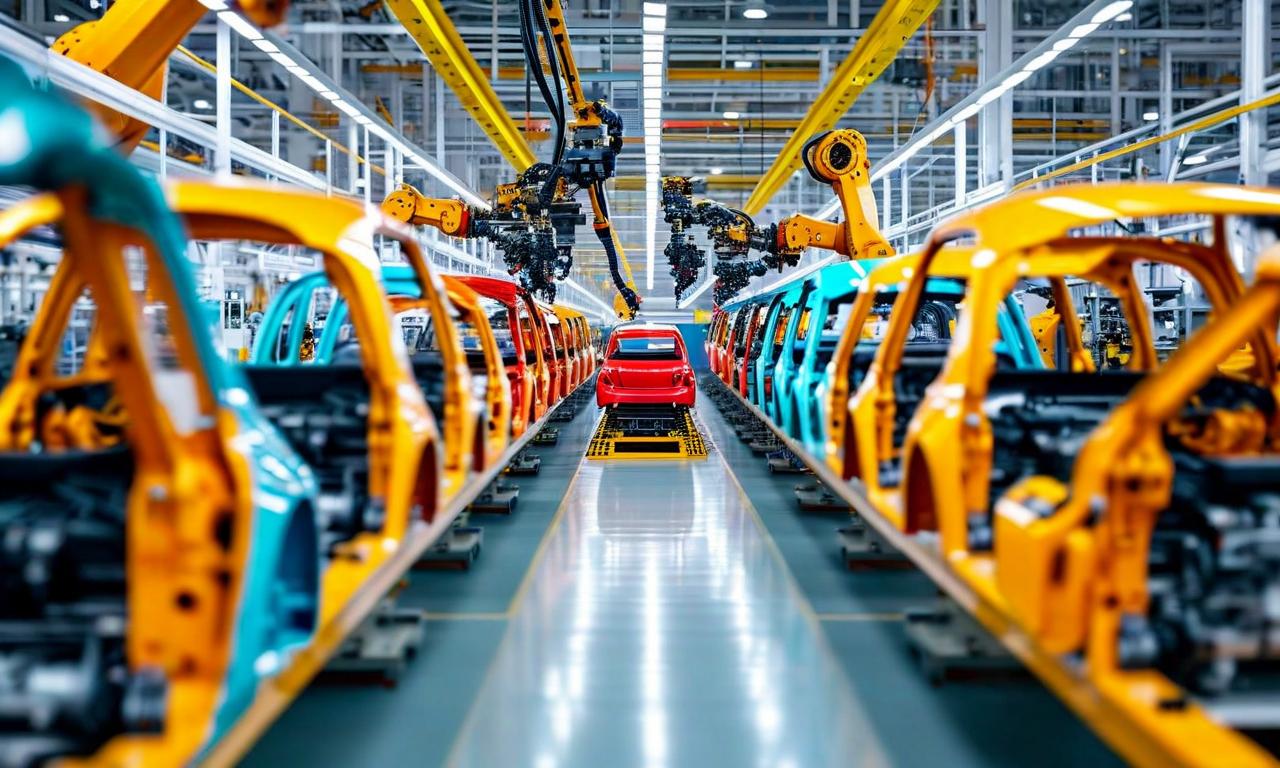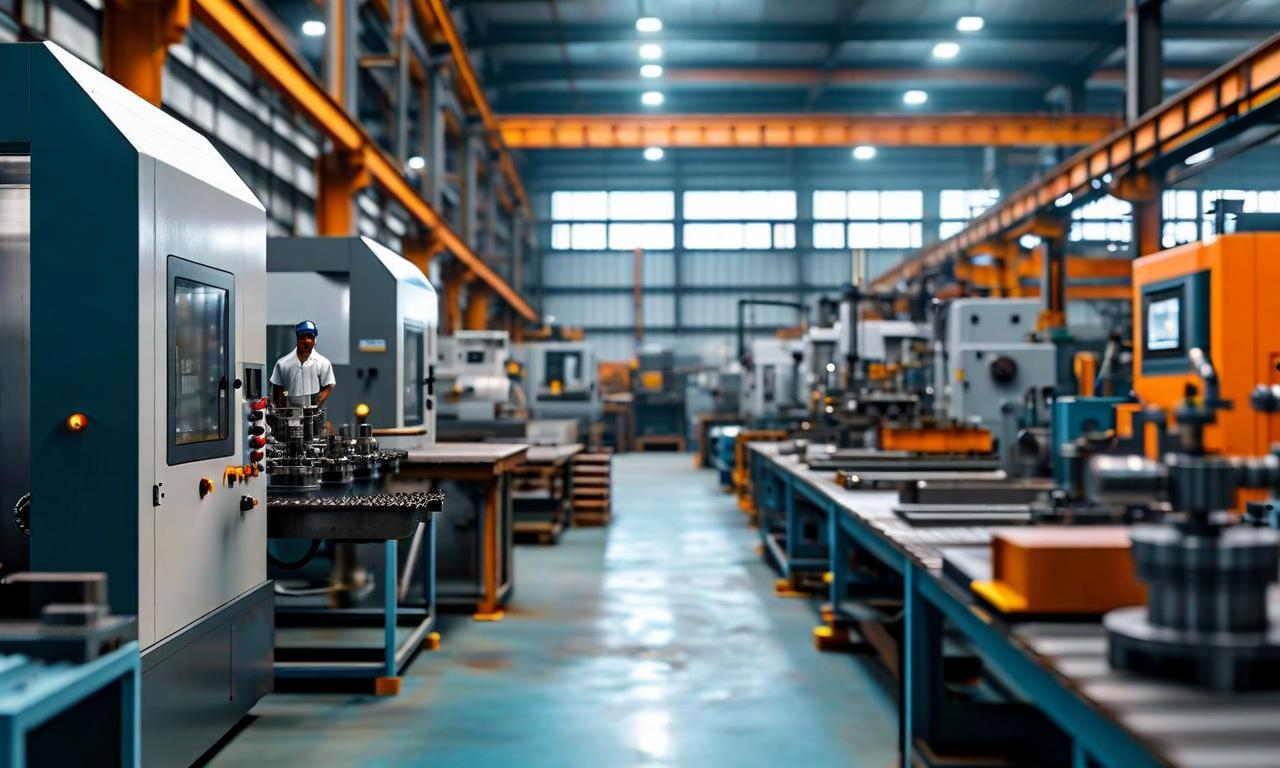Indian Auto Sector Gears Up for Exciting November Launches
November brings a diverse range of vehicle launches to the Indian automotive market. Hyundai is releasing its second-generation Venue on November 4. Tata Motors plans multiple launches on November 25, including the revival of the Sierra SUV and new petrol variants for Safari and Harrier. International brands entering the market include BMW's iX electric SUV on November 14, Volkswagen's Tayron on November 15, and MG's Majestor on November 18. In the two-wheeler segment, Yamaha XSR 155 launches on November 11, while Norton V4 debuts at EICMA Milan on November 4. These launches span various segments and price points, indicating a robust and competitive automotive market in India.
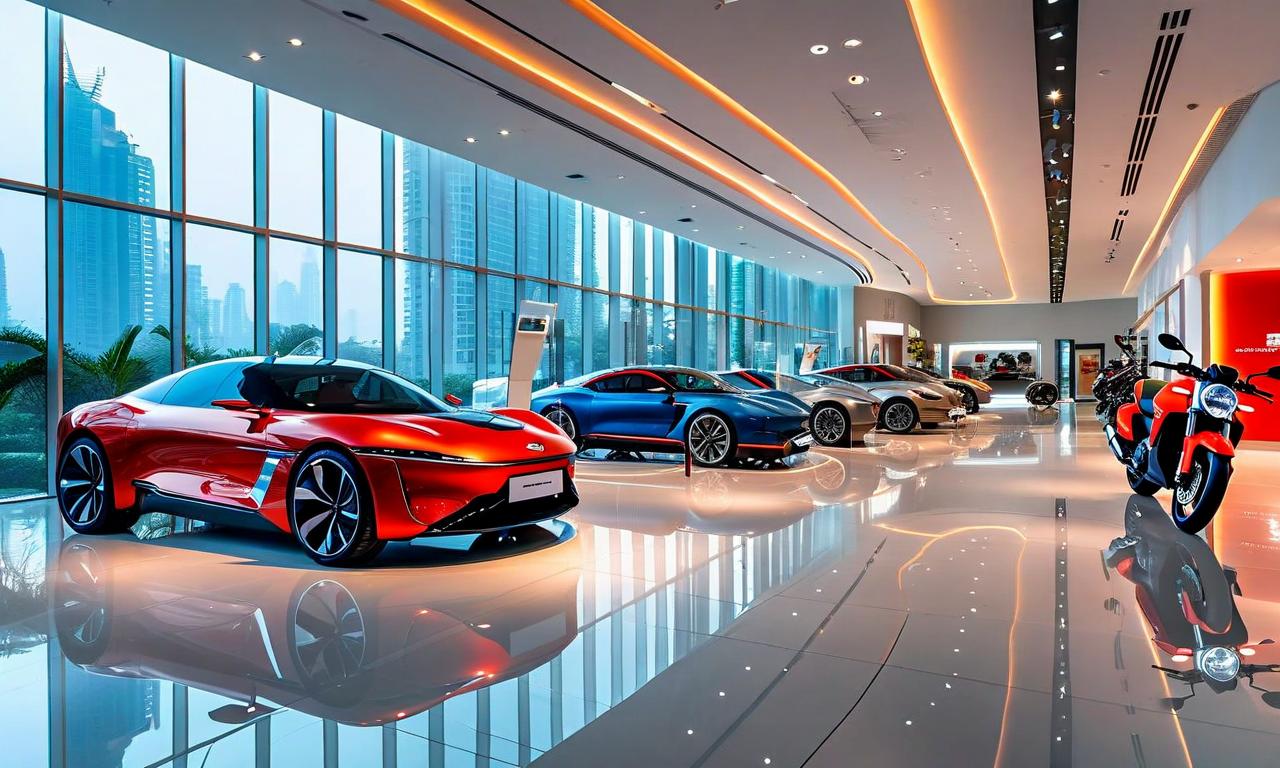
*this image is generated using AI for illustrative purposes only.
The Indian automotive market is set for a thrilling November, with a lineup of highly anticipated vehicle launches across various segments. From compact SUVs to electric vehicles and high-end motorcycles, the month promises to bring a diverse range of options for Indian consumers.
Domestic Launches
Hyundai is kicking off the month with the launch of its second-generation Venue on November 4. This update comes six years after the original model's debut, suggesting significant improvements and new features for the popular compact SUV.
Tata Motors is making a big splash later in the month with multiple launches on November 25:
- The revival of the iconic Sierra nameplate as an SUV
- Introduction of petrol engine variants for the Safari and Harrier SUVs
- A new 1.5-litre turbocharged petrol engine for these models
International Brands Entering the Indian Market
Several international automakers are also targeting the Indian market with new offerings:
| Brand | Model | Launch Date | Notable Features |
|---|---|---|---|
| BMW | iX | November 14 | Electric SUV |
| Volkswagen | Tayron | November 15 | Likely a mid-size SUV |
| MG (JSW MG Motor India) | Majestor | November 18 | Flagship three-row SUV |
Two-Wheeler Segment
The motorcycle enthusiasts have reasons to be excited as well:
Yamaha XSR 155: Launching on November 11
- Expected price range: ₹1,75,000 to ₹1,80,000
- Likely to be a neo-retro styled motorcycle
Norton V4: Debuting at EICMA Milan on November 4
- Expected Indian price: Between ₹25,00,00,000 and ₹30,00,00,000
- High-end luxury motorcycle
Market Implications
This flurry of launches across various segments and price points indicates a robust and competitive automotive market in India. The introduction of new petrol variants by Tata Motors for its popular SUVs suggests a continued demand for conventional fuel options alongside the growing electric vehicle market.
The entry of international brands with new models, especially in the SUV segment, points to the increasing importance of the Indian market in global automakers' strategies. The launch of high-end motorcycles like the Norton V4 also indicates a growing market for luxury two-wheelers in India.
For investors and industry watchers, these launches represent potential shifts in market share and consumer preferences. The diverse range of vehicles being introduced caters to various consumer segments, from budget-conscious buyers to luxury vehicle enthusiasts.
As the Indian auto sector continues to evolve, these November launches may serve as indicators of broader industry trends, including the balance between electric and conventional powertrains, the sustained popularity of SUVs, and the expanding luxury vehicle market in India.
